China's rejection of a defense ministerial meeting with the US on the sidelines of the Shangri-La Dialogue may reflect Beijing's concerns about Washington's presence in the region.
While a US RC-135 reconnaissance aircraft was operating in international airspace over the South China Sea on May 26, a Chinese J-16 fighter jet crossed the line at a distance of more than 120 meters, causing air turbulence, according to the US Indo- Pacific Command (INDOPACOM). This is the latest tense encounter between the two military powers, raising concerns about the risk of escalation.
At the opening dinner of the Shangri-La Dialogue security forum in Singapore on the evening of June 2, US Secretary of Defense Lloyd Austin walked up to Chinese Defense Minister Li Shangfu and shook hands and had a brief exchange, but the two did not plan to hold a formal meeting.
US Secretary of Defense Lloyd Austin shakes hands and talks with Chinese Defense Minister Li Shangfu at the opening ceremony of the 2023 Shangri-La Dialogue in Singapore on the night of June 2. Video : Twitter/Yaroslav Trofimov
US officials said China had flatly rejected the request for a meeting, while Mr Austin warned last week that the misunderstanding “could spiral out of control” because the two militaries were not communicating.
The refusal to open channels of communication with Washington reflects Beijing's anxiety about the US military presence in the region, as well as its determination to make the US feel the risks from such activities, according to political and military analysts.
At a press conference on May 31, Chinese Foreign Ministry spokesman Mao Ning said the US was at fault in the encounter between the RC-135 reconnaissance plane and the J-16 fighter jet.
"The US's frequent dispatch of warships and aircraft to conduct surveillance close to China has seriously damaged our national security," Mao said. "The US's provocative and dangerous activities are the cause of security problems at sea."
Wang Yiwei, a professor of international studies at Renmin University of China in Beijing, said that China had exchanged and negotiated with the United States after a collision between the two countries' aircraft off the coast of Hainan Island in 2001. The collision killed a Chinese fighter pilot and the entire crew of the American reconnaissance plane was captured when it made an emergency landing on Hainan Island, and was later returned to Washington.
“If China accepts dialogue and cooperation with the US, Washington can then continue to play this dangerous game,” Professor Wang said. Chinese state media and scholars also frequently suggest that the risk of collision is increasing due to “increasingly frequent close-in reconnaissance activities by the US against China.”
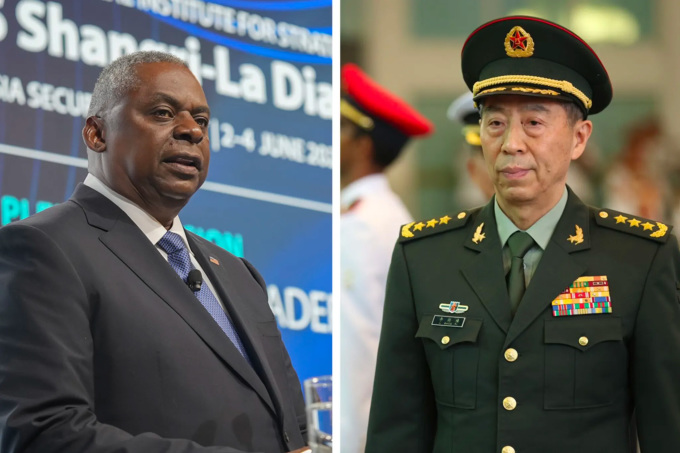
US Secretary of Defense Lloyd Austin (left) and Chinese Defense Minister Li Shangfu. Photo: AP
China’s cool approach to relations with the US military contrasts with its willingness to cooperate on other issues. US Commerce Secretary Gina Raimondo and her Chinese counterpart Wang Wentao discussed trade and investment in their first cabinet-level meeting in Washington since President Joe Biden took office.
Earlier, National Security Adviser Jake Sullivan and China's top diplomat Wang Yi met in Vienna for talks on restoring the two countries' sagging relations.
During Biden’s term, the US has increasingly focused on the Indo-Pacific region. Washington has repeatedly criticized Beijing for its aggressive actions in the region, including the East Sea, as China pushes its illegal claims in the sea, despite the ruling of an international court.
Washington has recently stepped up surveillance and freedom of navigation patrols in the South China Sea. The US has also reached agreements to expand access to bases in allied countries such as the Philippines and Australia.
China’s reluctance to engage in defense dialogue with the United States reflects Beijing’s confusion over the results of Washington’s efforts to increase its presence in Asia, according to Michael Green, executive director of the United States Studies Center at the University of Sydney.
Collin Koh, a research fellow at the S. Rajaratnam School of International Studies in Singapore, also said that China is feeling insecure about US influence in the region.
“I think China sees more leverage economically, so they are willing to engage in high-level negotiations. But on the security side, you can see limitations because they lack that kind of leverage,” he said.
According to expert Green, encounters like the J-16 fighter jet with the RC-135 aircraft in the East Sea last week are part of China's calculation to erode the ability of the US and its allies to operate in the region.
“The PLA seems to want to put the US military in a stressful position when operating in the region, even though it poses a huge risk. I think China thinks it can handle that risk better than the US,” he said.
To reduce the risk of miscalculation, Washington has sought to foster more reliable channels of communication between the two militaries in times of crisis, including hotlines like the one the US maintained with the Soviet Union during the Cold War. China, however, has rebuffed those efforts.
“Their view of these channels of communication is not the same as the Russians and Soviets did. They see them as more political than practical,” said Drew Thompson, a former Pentagon official in charge of China and now a research fellow at the Lee Kuan Yew School of Public Policy at the National University of Singapore.
China has a similar view of high-level meetings, not seeing them as an effective way to negotiate, according to Thompson.
Chinese fighter jet flies over US RC-135 reconnaissance aircraft. Video: ABC News
The PLA says it values communication with its US counterparts, but accuses Washington of undermining trust between the two sides. China has criticised sanctions Washington imposed on Li Shangfu in 2018, when he was in charge of the Chinese military’s arms procurement department and signed contracts to buy Su-35 fighters and S-400 missiles from Russia.
US President Joe Biden said at the G7 summit in Japan last month that he had considered lifting the sanctions to facilitate a meeting between the two countries' defense ministers, but ultimately left them in place.
"The US is the one responsible for the difficulties in the dialogue efforts between the two militaries. On the one hand, the US claims to want to strengthen communication, but on the other hand, it ignores China's concerns and creates obstacles that seriously undermine trust between the two militaries," Chinese Defense Ministry spokesman Tan Kefei said on May 31.
Thanh Tam (According to WSJ )
Source link


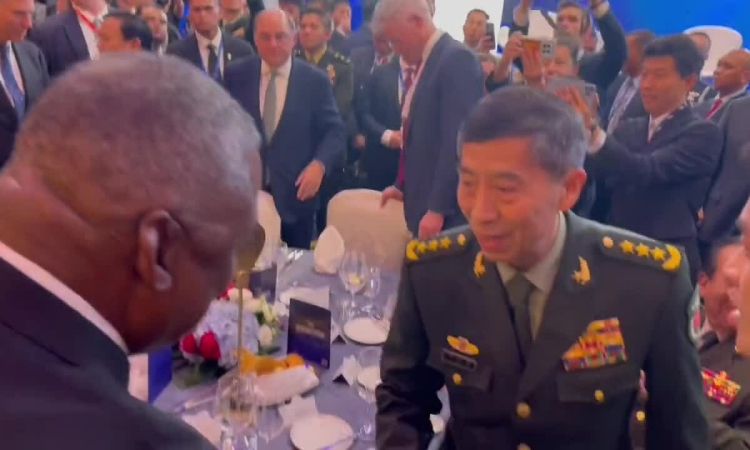
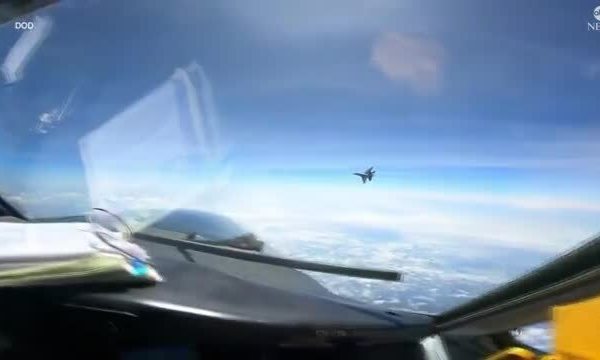

![[Photo] National Assembly Chairman Tran Thanh Man receives Chairman of Morocco-Vietnam Friendship Association](https://vphoto.vietnam.vn/thumb/1200x675/vietnam/resource/IMAGE/2025/7/26/b5fb486562044db9a5e95efb6dc6a263)


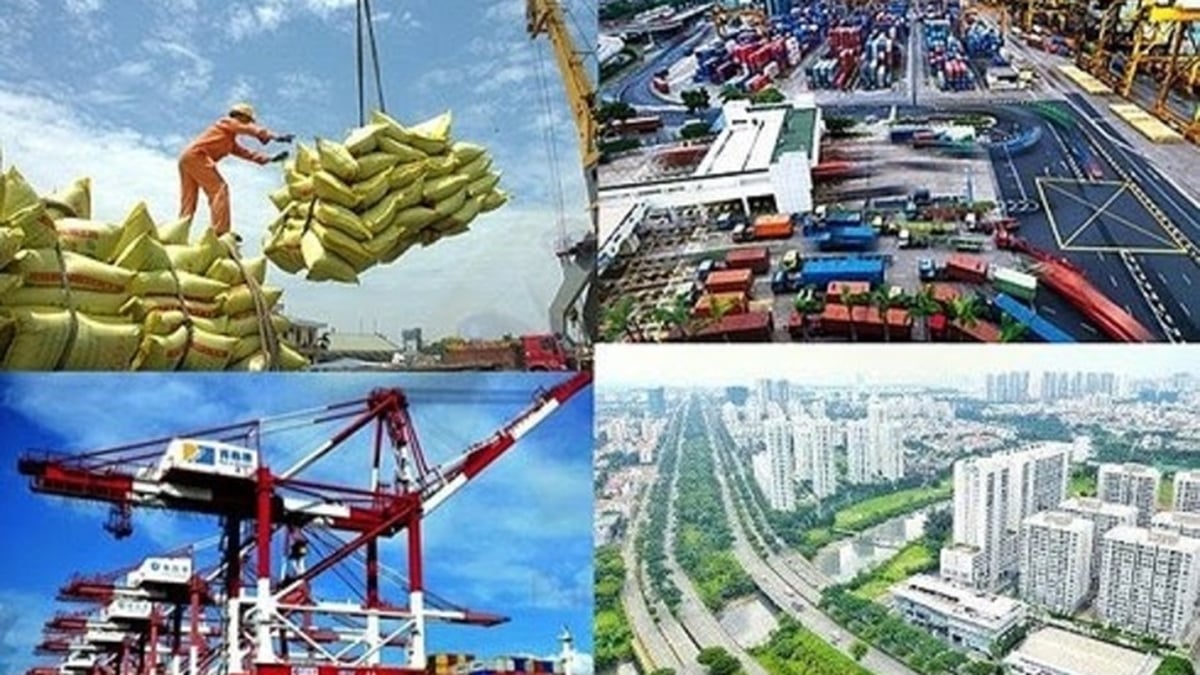



![[Video] New advances in technology for identifying martyrs' remains](https://vphoto.vietnam.vn/thumb/1200x675/vietnam/resource/IMAGE/2025/7/26/ef0db1b91ceb445badc48179e7d272a1)






















































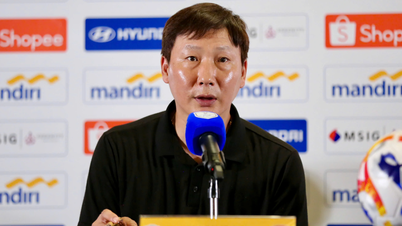

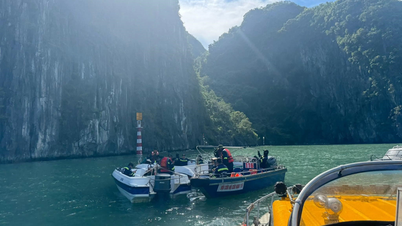








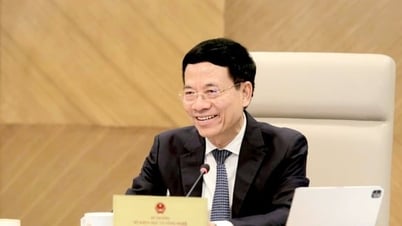


























Comment (0)